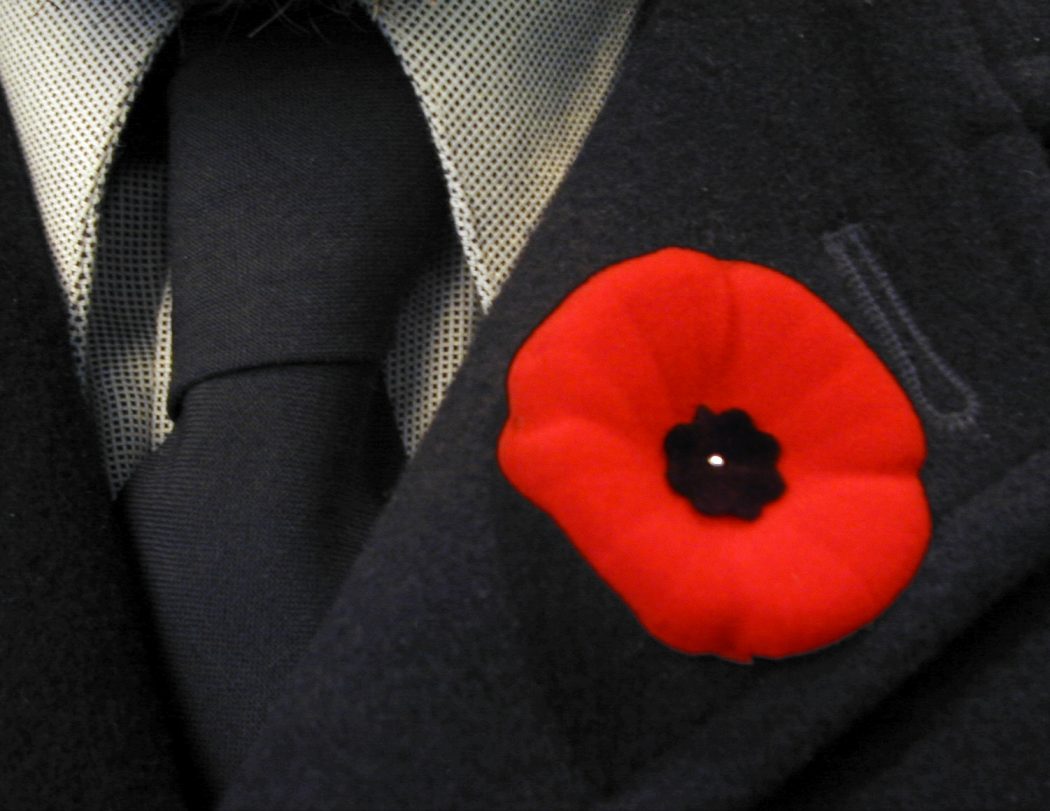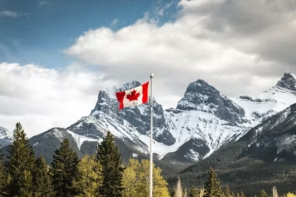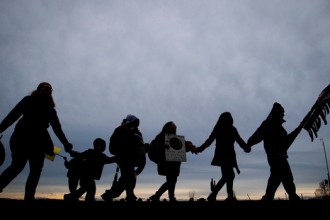This past Saturday morning as I walked to synagogue, I was wearing two unusual accessories: a poppy and a kippah, a Jewish skullcap. At first glance, it may seem like these two items are completely unrelated; one a symbol of Remembrance Day and the other a sign of the Jewish religion. To me, however, the two couldn’t be more connected.
Both are symbols that indicate membership to a certain group. Poppies are primarily a Canadian tradition; even the British do not take them as seriously as we do. To wear a poppy is to signify one’s respect for Canada by openly expressing one’s relationship with Canadian history. It indicates strong civic engagement, made all the more pertinent in this time of increasing political and civic apathy. In a similar way, wearing a kippah states one’s active connection to the Jewish people.
Belonging to either of these groups is no empty gesture; wearing a kippah denotes a belief in Jewish principles such as justice, charity, and piety. A kippah acts as a commitment to live by certain standards, a constant reminder to its wearer to live a righteous life.
Likewise, the poppy is a statement of values, but, it can be more difficult to pinpoint exactly what those values are. Some say that the poppy is a nationalist symbol and that Remembrance Day idolises imperialism and glorifies violence. Others believe the opposite, that Remembrance Day and the poppy serve as reminders of the human cost of war. Still, this too is an oversimplification of a message which is far more profound.
Remembrance Day is meant to reaffirm our shared values by honouring those who embody an important part of Canada: the service men and women willing to sacrifice their lives for an ideal.
What Remembrance Day truly recognizes, and what the poppy represents, is the commitment to build a society that allows the individual to live freely and in peace. Canadian values is a favourite phrase of politicians and media members alike, but the precise definition of these values often remains elusive. Remembrance Day is meant to reaffirm our shared values by honouring those who embody an important part of Canada: the service men and women willing to sacrifice their lives for an ideal, whether in past wars or today. They fought–and fight– for individual freedom, human decency, and morality. Whether leaping out of planes over Nazi-occupied France, or defusing improvised explosives in Kabul, the Canadian soldier has always protected the integrity of our nation. On Remembrance Day we should honour these brave individuals by emulating them, not necessarily in action, but in conviction.
As I walked to synagogue on Saturday morning, I realized how deeply connected my poppy and kippah were. Without the poppy and the freedoms it symbolizes, I would not be able to wear my kippah without fear. And without my kippah and the generations of suffering and discrimination it brings to bear, I would not appreciate as deeply the privileges the poppy encompasses.
While I was walking, I also could not help but think about those who were murdered in Pittsburgh two weeks ago, slaughtered by a man driven by pure hatred. It can be easy, when living in Canada, to take our freedoms for granted and to view our privileges as a given. It can take a tragedy to remind us that nothing is guaranteed. That is why Remembrance Day is so critical; we need it to remind ourselves that individual freedoms must be fought for by every generation. The torch has been passed to us, and we must hold it high.
Without the poppy and the freedoms it symbolizes, I would not be able to wear my kippah without fear. And without my kippah and the generations of suffering and discrimination it brings to bear, I would not appreciate as deeply the privileges the poppy encompasses.
This year and every year, I wear a poppy to honour our Canadian soldiers. This year and hopefully only this year, I also wear it to honour Pittsburgh’s fallen.








